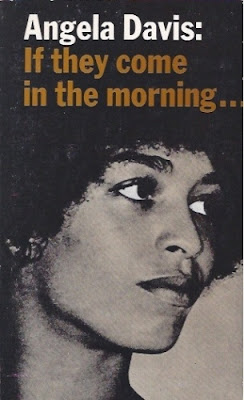It's not the despair, Laura. I can take the despair. It's the hope I can't stand.Podemos won't win tonight, but they might win tomorrow: so say the polls, officially illegal in Spain during the last week of the campaign, but in fact freely available provided you look at Twitter and understand the less-than-complicated coded language that @Electograph uses.
The display purports to tell us the prices of fruit and vegetables in the market of Andorra la Vella (handily outside Spain, something that has proved most convenient for the large number of Spanish and Catalan companies and political figures who have found the statelet a convenient location for their bank accounts). It also tells us how many stalls are expected to be selling each comestible, the largest number being for blue fish, blue being coincidentally the colour of the Partido Popular, while the purple aubergines stand in for Podemos, standing second, in a campaign which they began a fair way fourth.
I've always liked that circle: it reminds me, though it is not intended to, of the Circle of Life.
"We in Mand are so very far from the Revolution that maybe we are near it," said one of the girls, wistful and smiling: "The Circle of Life!" and she showed the extremes meeting, in the circle of her slender, dark-skinned fingers.It has been, oh, thirty-three years, or thirty-four, since I first read Le Guin's The Dispossessed, and believed afterwards, for a period of time, that we could change the world and had something better we could change it to.
It wasn't a long period of time: it lasted until the miners lost. Or rather less than that, given that I never really believed that they were going to win. But I remember standing in Trafalgar Square, at the end of February 1985, watching the fighting outside Downing Street as the police piled into the last big march of the strike, and deciding, knowing, that the game was up, not just for the miners but for everything else I was hoping for. I was nineteen.
And here I am, at fifty, and in a few hours the election - in which I do not have a vote - is over, and though Podemos will not win, there might, there almost just possibly maybe might, be the numbers for a government they could head, if they come ahead of PSOE, if a dozen other things go well. And then what? Who knows then what. We have peanuts, beer and wine in for the election show tonight. That's as close as I like to get now.
At some point always comes the disappointment: tonight, tomorrow, some time after that but not long delayed.
"You knew this, Winston," said O'Brien. "Don't deceive yourself. You did know it - you have always known it."We have always known it. But we keep hoping all the same.
Yes, he saw now - he had always known it.
Just over two weeks ago, a touch before the campaign officially began, I was working in a primary school in Valladolid. As many schools do, they played music at the start and end of break, rather than inflict a school bell on kids young enough to be spared its tedium and harshness. Normally a school will play something short, cheerful and bouncy (and even something inappropriate, like the school in Madrid which plays My Shirona) but the music teacher, who got to make the choices, had decided to play Ludovico Einaudi's Nightbook.
The kids didn't seem to mind, or even to notice how intense the Einaudi was. But I felt it. And it was a cold week, snow on our van the first morning, a freezing mist putting hands into warmer gloves and gloves into warmer pockets - and even inside, where the heating was on at least part of the day, it was gloomy, the direction of the sun completely lost to us.
Then Einaudi, reinforcing the gloom, intensifying it, filling me with foreboding. And prompted by that mood, I realised something was bothering me - and that this was that I never got my head round what happened, so quickly, in Greece. As if it was a bad experience that I had registered, set aside for lack of time, but needed to have affect me, even knock me over, some time later. As if I had tried to miss it at the time, and managed, or half-managed. But it had not missed me.
Not just Greece, though, but all the sadnesses and disappointments from thirty years beforehand. And the Circle of Life. And the miners.












